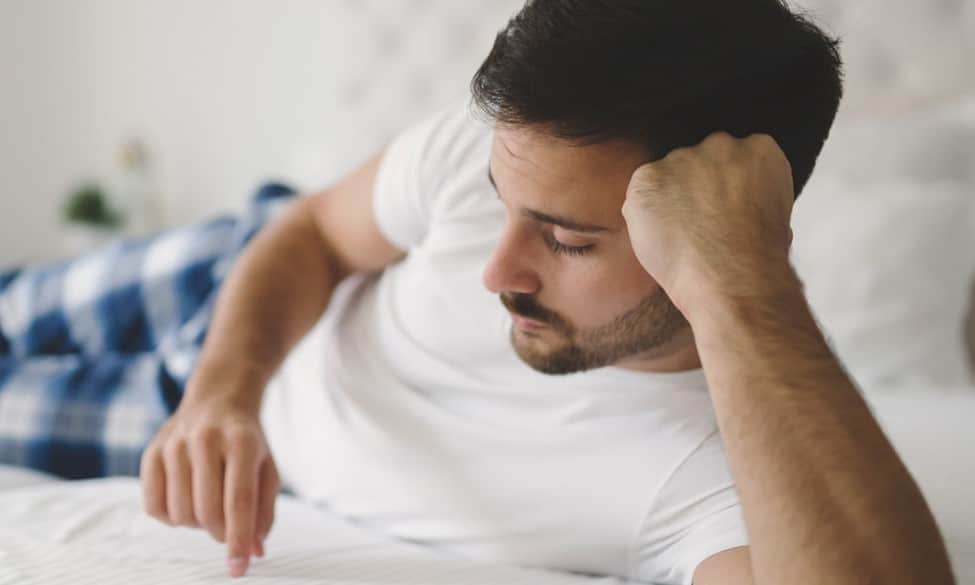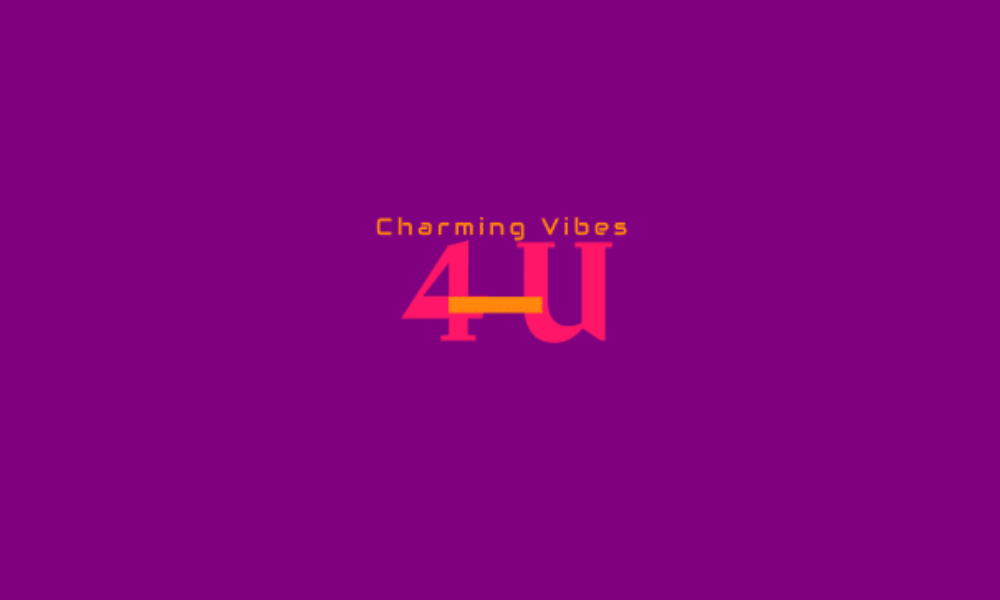This post, How to Overcome Loneliness as a gay man, will reveal the leading causes and what you can do about it. Ultimately, we will give you a few practical tips to help you get back on track.

How to overcome loneliness as a gay man.
Loneliness is by no means unique to gay men, but it is common in our LGBT community. It can be caused by being single, having few friends or family members who understand us and are willing to help when needed—or all of the above! Many of us gay men feel lonely at some point in our lives.
That said, it’s important to note that gay loneliness isn’t just about relationships but also how you feel inside your body.
When we’re lonely, we often feel less connected to other people because they aren’t there for us physically (or emotionally). Our sense of self also starts to diminish. We worry more about other people’s thoughts because we don’t have someone else to validate us.
Even if we have people around us who love and support us, loneliness can still take over our minds and bodies if we don’t know how to manage it effectively. And its effects are widespread. Not only can loneliness cause us to experience poor mental health (like social anxiety, depression, and anxiety), but It also poses a more significant health threat than excessive drinking or obesity.
Why do gay men get lonely?
Loneliness is, in some ways, part of the gay experience. The stress of not being out is emotional more than rational, but it takes its toll. Even before you came out to yourself, on some level, you might have known you couldn’t satisfy the expectations of a heterosexual life. You may have grown up feeling different and isolated from the majority. Since everyone is supposed to be heterosexual, we all start in the closet.
Minority stress
After you’re out of the closet, things don’t necessarily improve right away. No matter who you are, as a gay man, you’ve experienced homophobia (active or passive) from family, friends, and the culture. It is called “minority stress” and can be more damaging than many people give it credit for.
Some of the problems come from the culture of gay men themselves. Gay men can often buy into the negative aspects of masculinity. They are trying to be emotionally detached. And all this can cause psychological harm.
Social and social-media influence
Many gay men belong to other groups that are discriminated against even within the gay community, magnifying your minority stress and contributing to negative body image. LGBTQ+ spaces like clubs (and, more recently, hookup apps like Grindr) are not there to create close relationships, leading to many encounters where you might have to focus on the physical instead of the emotional.
Overall, these factors mean that gay men—despite the chosen-family attitude of the LGBTQ+ community—often feel lonely and isolated.
How Loneliness Impacts Your Mental Health
Loneliness can negatively impact your mental health. It is associated with higher rates of anxiety, depression, and suicide. Loneliness can also harm cognitive function and increase social isolation, further deepening these mental health problems.
Furthermore, loneliness also makes it more challenging to cope with stress and adversity. In addition, it hinders your ability to form and maintain healthy relationships.
You need to recognize the potential adverse effects of loneliness on your mental health and take steps to address it by building and maintaining strong social connections and engaging in activities that promote a sense of belonging and community.
The most comprehensive study on happiness supports this, concluding that personal connections stimulate our minds and emotions, automatically improving our emotional health and mood.
So, how do you learn to deal with these unhappy feelings?
How Do You Overcome Loneliness as a Gay Man?
Feelings of loneliness and isolation can lead to depression, anxiety, self-harm, substance abuse, and suicide, so it’s important to make genuine connections as a gay man.
Substance abuse is, in particular, a common issue because many people feel that alcohol or “uppers” like cocaine or Crystal Meth give you the edge in social situations that allow you to interact more freely and with less inhibition. Using substances for reasons like these can create a dependence that leaks over into other parts of your day-to-day life.
Now that you know you’re not alone in your loneliness, here are things you can do to overcome these feelings.
Discover the new gay dating strategy—explore our top digital detoxing destinations in Europe for meaningful connections and unforgettable experiences away from screens.
The Difference Between Gay Loneliness and Aloneness
Before we start with the tips, we should clarify the difference between loneliness and loneliness. We often confuse these two feelings because they are closely related. Anyway, there are some significant differences between these two constructs of social isolation.
Loneliness is the distress that comes from a difference between what you want and what you have regarding social relationships.
The experience of loneliness is subjective and often results from isolation from other people. It is a feeling of isolation when you feel like you are not emotionally close to people, usually caused by a lack of social interaction or an inability to connect with others. Sadness, rejection, isolation, and emptiness often accompany this feeling.
On the other hand, isolation is a contented state of being alone. It can be triggered by a desire for solitude or self-sufficiency—being alone and enjoying your company. Examples include living alone, having rare contact with other people, and not being involved in social groups. Some people are happy with this situation; they don’t need much social interaction and would rather be alone.
Practical tips to overcome loneliness
- Recognizing your loneliness: Admit to yourself and others how lonely you’re feeling. Knowing and seeing that people care about you can make all the difference! Being open and honest about your emotions frees you from some of their weight, and reaching out to others can help you form more intimate relationships.
- Volunteer and join clubs or sporting groups that meet regularly. Research shows that people who start volunteering become happier over time. It’s much easier to make friends with people you see periodically than with people you see only once at a club.
- Get closer to your acquaintances. Many people need to reach out to possible friends that they already know. It takes little effort, and you can deepen your connection in less time because you have a pre-existing relationship.
- Get help for substance use. Using it might make you feel more confident in the short term, but in the long run, it will cause you to feel lonelier and more isolated. If you’re abusing alcohol or drugs, seek support groups like AA or NA, which often have LGBTQ meetings in most major cities.
- Seek out a gay-affirmative therapist. While there can be some stigma about seeing a therapist, including in the gay community, therapists exist to help you find creative solutions that work. You will learn to deal with loneliness and increase your confidence and self-esteem. Group therapy is also an excellent option to connect with other gay men and know more about yourself and how you relate to others.
- Take care of yourself: It’s essential to prioritize your physical and mental health when dealing with feelings of loneliness. Ensure you get enough sleep, eat healthy foods, and exercise regularly. Also, engage in activities you enjoy and bring you joy and fulfillment.
By taking these steps and reaching out for support when needed, you can overcome feelings of loneliness and improve your overall well-being.
Note: If you like this article, you might also enjoy our related article about Gay Dating: Why Is It Important to Be Yourself on First Dates?
Final Thoughts on How to overcome loneliness as a gay man
We all experience loneliness, no matter how well we’re doing, our social status, or how much money we earn. And while there’s nothing wrong with being gay and lonely, it can be all too easy to keep quiet when we do.
It’s easier said than done because finding real, honest connections can be a challenge. Many of us have been hurt, which can make us emotionally shut down. But because we’re humans, we have an innate need for social connection.
Society has much to offer, and as gay men, we must be lucky to be a part of it. Not only bars and clubs exist. These are only one of many places to meet people. Across Europe, Canada, the USA, and beyond, LGBTQ+ people belong to numerous groups. We can do many things to feel less lonely, from joining dance groups to gaming, sports, socializing, and networking. The possibilities are countless!
Yes, feeling alone can be challenging, but remember you’re not alone. Despite occasionally feeling lonely, you must try to live your life to the fullest.
Everyone, including you, deserves to live a happy and fulfilled life.
Curious about the most common gay stereotypes and how to challenge them? Explore our article to learn more and gain a fresh, empowering perspective.




